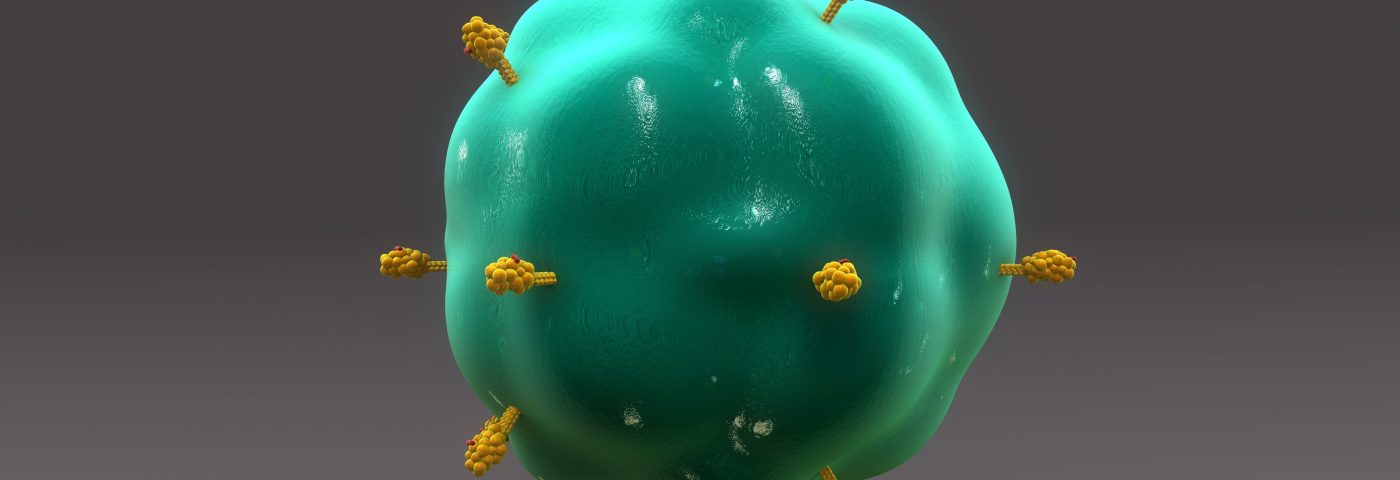Specific immune system cells that accumulate in higher than usual numbers in the lung tissue of people with bronchiectasis, called antigen presenting cells (APC), may contribute to airway inflammation, researchers reported.
The study, “Assessment of antigen presenting cell infiltration in lung tissues of patients with bronchiectasis,” was published in the Indian Journal of Pathology and Microbiology.
Bronchiectasis is induced by recurrent chest infections that dilate the lung airways. A number of studies have suggested that, independent of bacterial colonization, the faulty regulation of cytokines (substances secreted by certain cells of the immune system that affect other cells) could also contribute to bronchiectasis. In particular, the presence of APCs like dendritic cells (DC), involved in processing antigen material on immune cells, could impact bronchiectasis.
In this study, researchers assessed the association between APCs and bronchiectasis by quantifying the number of infiltrating APCs in the lung tissue of patients with bronchiectasis.
The team collected tissue samples from 12 non-smoker and non-asthmatic patients (mean age 36.7) and, for comparative purposes, samples from six healthy control (average age 31.8). Samples were analyzed using special markers to detect dendritic cells, and the average cell count was measured.
Results suggested that bronchiectasis patients have predominantly specific cell types: 1) macrophages (median 50.5), which are the white blood cells responsible for digesting of non-healthy body cells, like cellular debris, foreign substances, microbes, and cancer cells; 2) dendritic cells (median 44.85), 3) histiocytes (median 32), present in connective tissue; and 4) Langerhans cells (median 5%), antigen-presenting immune cells of mucosa. The bronchiectasis patients also showed relatively elevated numbers of macrophages, dendritic cells, and Langerhans cells compared to controls.
“Higher numbers of APCs infiltrating the lung tissues in nonsmoker, nonasthmatic, patients with acquired (noncongenital) bronchiectasis indicate heightened adaptive immune responses,” the team wrote. “Chronic inflammation associated with bronchiectasis may possibly be due to persistent immune activation as result of the presentation of yet unknown antigen/s leading to remodeling of pulmonary tissues.”
Researchers suggest that future studies are needed to determine if a direct link exists between the high APC numbers seen in the lung tissue and respiratory tract infections. Further characterization of dendritic cell subsets in bronchiectasis patients is also required.

